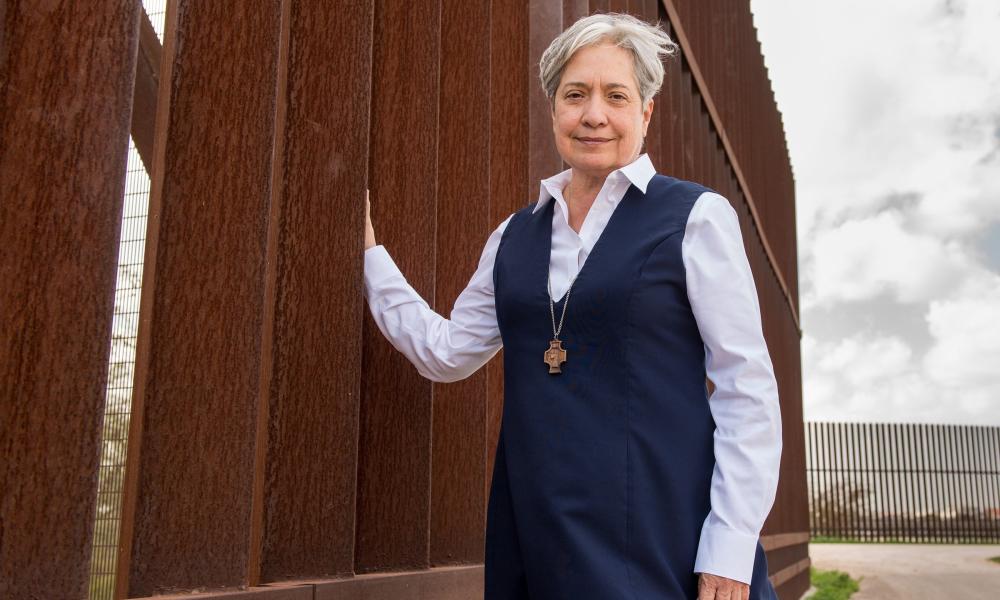
Thank You, Sister Norma Pimentel
Sister Norma Pimentel, a Mexican-American Catholic sister born in Brownsville, Texas, daughter of immigrants, serves as the executive director of Catholic Charities of the Rio Grande Valley. She has become a true symbol of Christian love and discipleship serving immigrants and refugees at the U.S.-Mexico border.
It is her mission; her life. This is how she actualizes her vocation as a baptized woman and a member of her religious congregation, the Missionaries of Christ Jesus, founded in Spain in 1944.
Sister Norma does not need much introduction. She has been publicly commended by Pope Francis for her inspiring work with immigrants, gaining her the appellative "the pope's favorite nun." In 2020, Time magazine featured her as one of the most 100 influential people of the year.
These recognitions, and many others, have done little to change Sister Norma's attitude toward life and service. She is by and large one of the most grounded persons I have met. It is not about her, she repeats constantly. It is about seeing the face of Christ in the immigrant and the refugee.
It has been an honor to engage Sister Norma in conversation several times and to learn from her wisdom through some work we have done together at the service of our church. She exudes a loving compassion that reminds anyone around her that without love, and more particularly without loving like God does, we cannot build a just and equitable world.
Sometimes U.S. Catholics spend far too much time and energy questioning one another, finding fault in what we do and how we think, often antagonizing against each other. In the meantime, Sister Norma and many others like her are working tirelessly to welcome and serve the many Christs of all ages who arrive at our borders seeking an opportunity in this nation of immigrants.
This reminds me of St. Teresa of Kolkata (1910-1997) and the many stories people share about her when asked about politics or the distractions of everyday life. For her, serving those most in need was the priority, both because it was the right thing to do and because they were the real presence of Christ in our midst. Some people took issue with this.
Each generation and each society need witnesses that remind us about the urgency of bringing our Christian faith to bear upon the urgent questions of the day. One thing is to read the Gospel, another one is to put it into practice here and now like Sister Norma and her colleagues do as they serve immigrants.
Being a model of Christian discipleship does not necessarily mean that one must achieve human perfection, however way we define it. I am sure that Sister Norma has plenty of limitations. She, nonetheless, models a prophetic way of being a Christian disciple through her commitment to value every human person and to trust God.
People who show with their lives and actions that God journeys with us giving hope are always good news (i.e., gospel). More so in an increasingly secularized society and at a time when many religious leaders and institutions have lost much credibility.
Thank you, Sister Norma, for your witness and for reminding Catholics and others at this time in history the beauty of what it means to put our faith into action.
In thanking Sister Norma for her witness and her work, we must also thank the many other people, organizations and faith communities that unremittingly serve immigrants and refugees every day, welcoming them, tending to their wounds, listening to their stories and journeying with them as they integrate in our society.
Ospino is professor of theology and religious education at Boston College.
